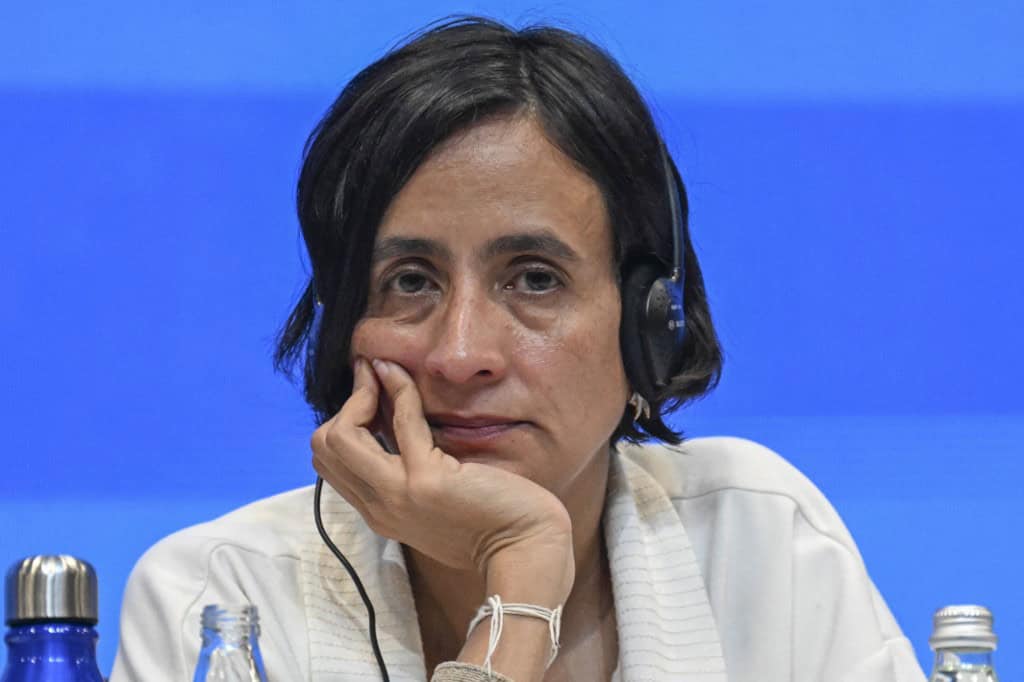The COP16 biodiversity summit held in Cali, Colombia, concluded this weekend without reaching an agreement on a new independent biodiversity fund separate from the Global Environment Facility (GEF). Despite marathon negotiations extending over 13 hours on the summit’s final day, the plenary session was suspended due to a lack of quorum, as many delegates had already departed to return home. This stalemate left crucial financial commitments unresolved, with no new pledges from wealthy nations to fund biodiversity efforts, a disappointing outcome for the nearly 200 participating countries, especially those from the Global South.
The goal of the conference was to secure increased funding, aiming for $200 billion annually, to implement targets set in the Kunming-Montreal Global Biodiversity Framework, which mandates the protection of at least 30% of the world’s land and seas by 2030. However, discussions remained polarized, as wealthy countries—including those represented by the European Union, Japan, and Canada—resisted calls for a new fund, arguing that existing mechanisms like the GEF were sufficient. This stance angered representatives from developing countries, who voiced concerns that GEF funds are often inaccessible and managed in part by the United States—one of only two nations yet to ratify the global biodiversity convention.
Susana Muhamad, the summit’s president, described the scene as intense and complex, noting that, while Colombia hosted with enthusiasm and determination, reaching consensus ultimately depended on the willingness of all parties involved. “The Colombian government put in a great effort; the people of Colombia gave it their all,” Muhamad said. “But in the end, it depends on the parties and the negotiation process.” Following hours of negotiation, the quorum broke as delegates either left for flights or slept in the plenary hall, effectively halting progress.
Environmental advocates have deemed the outcomes of COP16 mediocre, expressing frustration that no substantial agreements on funding were achieved. Bridging the financial gap is not only a moral imperative but also essential for protecting both people and nature, emphasized numerous environmentalists, associations, and NGOs. “The resource mobilization committed by developed countries must be fulfilled immediately and without excuses,” Greenpeace asserted, criticizing wealthy nations for resisting consensus on such an essential issue.
Progress and Future Outlook
Despite the financial stalemate, COP16 did make some progress. Delegates agreed on an Assessment and Monitoring Framework to track the progress of the Kunming-Montreal Global Biodiversity Framework. This framework will include essential indicators and data sources to monitor the 23 specific targets aimed at protecting biodiversity globally.
The summit did yield some successes in Cali, including the establishment of a fund to share benefits from genetic sequencing data of plants and animals with the communities from which these resources originate. The newly created “Cali Fund” will require companies of a certain size that use genetic data to contribute 0.1% of their revenue or 1% of their profits to the fund, a notable victory for Indigenous communities who rarely receive compensation despite their contributions to biodiversity.
In addition, Indigenous representatives celebrated the creation of a body to formally recognize them as stewards of nature, an unprecedented moment in the history of multilateral environmental agreements, according to Camila Romero, an Indigenous representative from Chile. Raising their fists in traditional attire, Indigenous leaders marked the achievement as a historic milestone.
UN Secretary-General Antonio Guterres attended the summit for two days to rally support, alongside five heads of state and dozens of ministers. As he emphasized, “Time is running out. The survival of our planet’s biodiversity—and our own survival—is at stake.” Guterres’ remarks underscored the urgency of action and the necessity for swift decision-making to accelerate conservation efforts.
Looking forward, negotiations over resource mobilization are expected to continue at COP17, which will be hosted by Armenia after winning the bid over its long-standing rival, Azerbaijan. Environmentalists and global leaders alike hope the next summit will produce concrete funding commitments, as the ne






